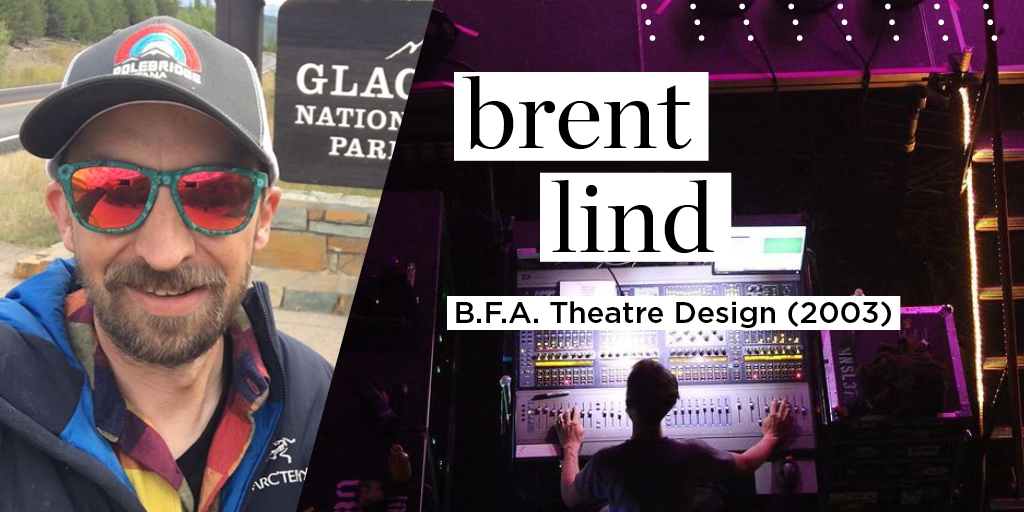
Why Brent’s a Hawk to Watch:
You’ve heard of Childish Gambino, My Morning Jacket, and Foster the People — now meet the Jayhawk who’s been backstage at nearly every show, making them sound flawless around the world for the last 15 years.
Brent Lind graduated from the University of Kansas in 2003 with a BFA in Theatre Design from the College and immediately hopped on a tour bus to pursue his passion of audio engineering live music performances. It didn’t take long for Brent to discover that he possessed the perfect combination of dedication, technical skills, and imagination to earn a reputation as one of the most reliable audio engineers in show business.
Brent quickly found himself on tour for over 200 days a year, traveling and collaborating with many of music’s superstars (keep reading for more shameless namedrops below). After a decade-and-a-half perfecting the sound backstage for the biggest headliners in the industry, Brent decided to take a step back and return to Lawrence, where his career began.
He now works as a web designer for the Lawrence Arts Center, spending his free time with his family rather than in a bunk on the tour bus. To hear his story, we snuck backstage and caught a behind-the-scenes glimpse at how Brent remembers his career in show business, how his Theatre Design degree prepared him for his future success as an audio engineer, and what he looks forward to now that he has switched careers.
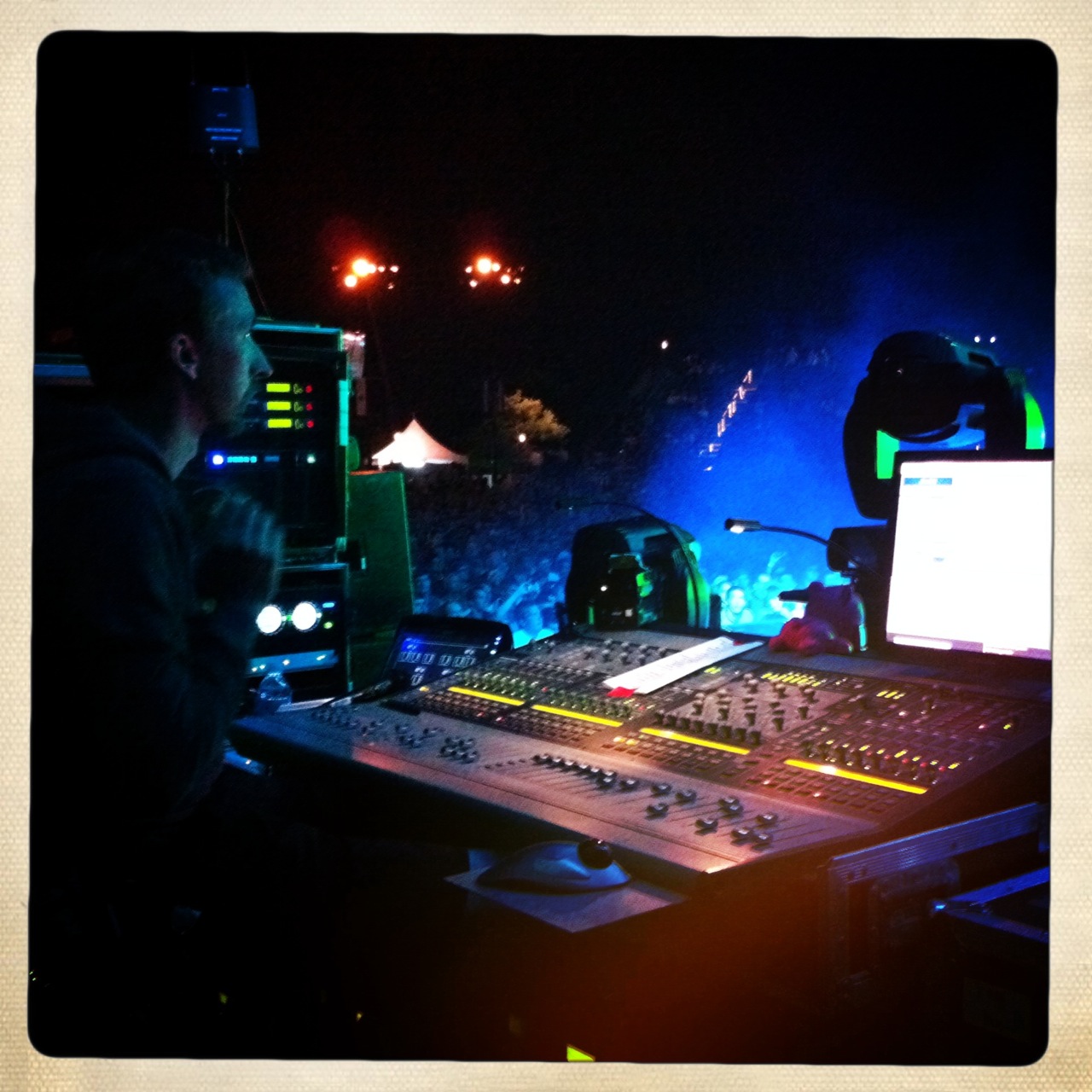
Tell us in a sentence or two what you do for a living:
After spending 15 years in the music business as a touring audio engineer, I made a big move about four years ago to get off the road and try something new. I developed a new skillset in web development, which ultimately led to my new career working as a Salesforce Administrator and Developer at the Lawrence Arts Center.
How did you end up doing what you do?
I’ve often felt I had dual educations in my time at KU. One, the academic training in Theatre Lighting Design, and the other, my time mixing audio in the club scene and for local and regional audio companies. It was a really immersive environment, getting the theoretical/artistic side during the day and the practical side at night and on the weekends. By my senior year, I had built some great relationships in the music business, and I skipped graduation to hop on my first tour bus. It wasn’t hard to stay busy, but it did take a few years to build on the skills I had and land the jobs I was excited about. I basically took whatever work I could get, meaning hearing a lot of music I didn’t love, and sometimes less than stellar accommodations. It paid off though.

A couple years in, I lucked into a great opportunity to work with Omaha’s Bright Eyes, which began a five-year stint spent mostly working with one artist and his various projects. One of those projects was the hilariously titled collaboration, Monsters of Folk, which led to an offer to come work with Louisville’s My Morning Jacket. This was a big deal for me. I was ready for something new, and I was a big fan of their music before we ever met. My Morning Jacket really took my skills to a new level due to their highly demanding live show which was usually over three hours. Their shows featured a lot of improvisation and frequently included choirs, string sections, and guest appearances from people like Erykah Badu, Roger Waters, Jackson Browne, Preservation Hall Jazz Band, and even Billy Idol once at Bonnaroo It was a different challenge every night.
Eventually their touring schedule slowed down, and I began moonlighting again, working with Childish Gambino, Ray LaMontagne, Passion Pit, Foster the People, and a few pop star types like Haillee Steinfeld and Liam Payne. It was a crazy blur of amazing music and long work days that took me to six continents and a few dozen countries.
I was extremely lucky to primarily work with artists I really believed in and personally connected to. But all things must change, and after about 15 years I decided I was ready to stay at home with my lovely wife and our pups. I started doing some web development on the side between tours, mostly just to learn a new skillset. After a couple years of somewhat passively looking for new opportunities, I landed my job at the Lawrence Arts Center.
I feel so lucky to once again be a part of something that brings joy to a lot of people. While it’s a little tamer than the music business, I find Salesforce Development to be surprisingly similar: at the end of the day, both careers see me using technology to help artists achieve their goals.



What’s your favorite tour or show you’ve been a part of and why?
Working with Childish Gambino on the “Because the Internet/Deep Web” tour was a unique and deeply powerful experience. I had a lot of experience in touring by then, but I’d never been a part of something with such a complex, unified concept. The entire show was synced to video. The whole stage was a set with layers of narrative baked in. The audience had an app to communicate with performers in real-time, and there were many other complex technical elements in the show. It was incredibly challenging to pull off, and it took everyone wearing multiple hats to do it. It was exciting to work on something with no roadmap, where success wasn’t guaranteed. At the end of the day, everyone took so much pride in what we had done together, and Donald was the first to say it was a team effort.
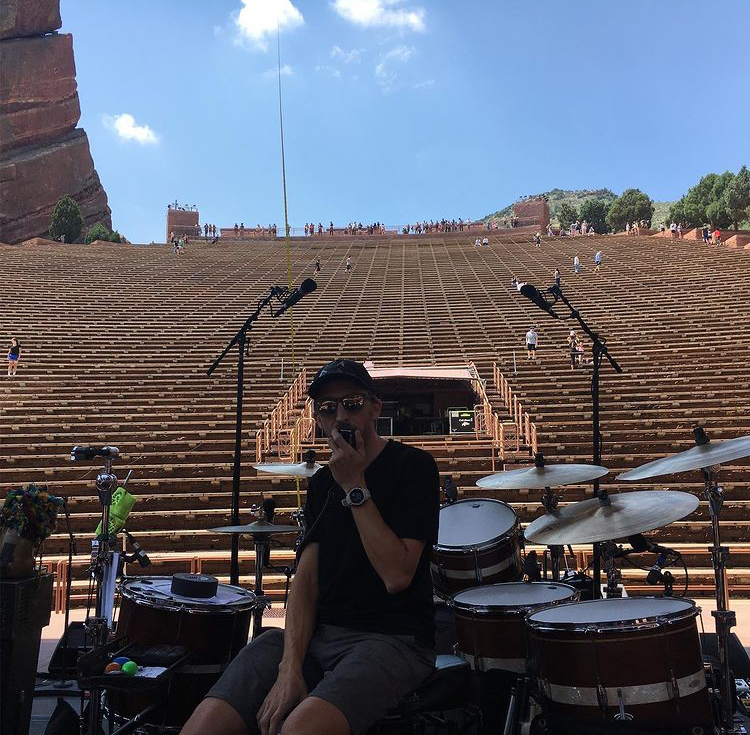
What do you know now that you wish you could tell your 18-year-old self?
Invest in Google! Sorry, couldn’t help it. Seriously though, I would encourage my younger self to run towards the uncomfortable and difficult. I always had a tendency to play to my strengths, ignoring things that didn’t come easy (math, for example). College is a great time to push yourself beyond your comfort zone and out of your assumed limits.
What’s your lowest career moment and how did you pick yourself up and move on?
Coming to terms with the end of my touring audio career was pretty rough. I found that while I had become highly skilled and highly employable at something, I no longer really enjoyed it. There is so much that is wonderful about travelling for a living – and I wouldn’t trade those experiences for anything – but the hard truth is that, after 15 years, the challenge wasn’t there anymore. The novelty had eroded to the point where my income was at an all-time high, but my job satisfaction was at an all-time low.
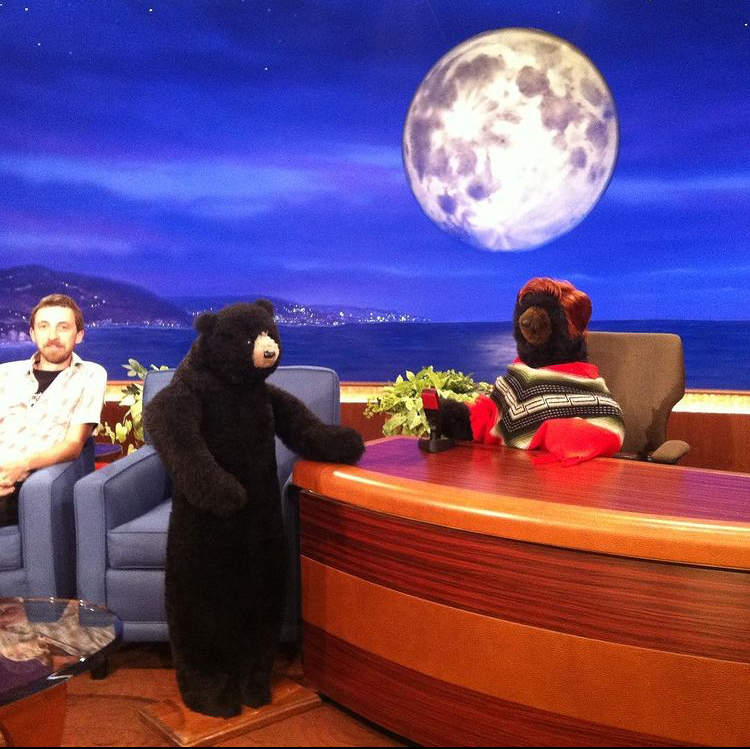
At the same time, letting go was tough. I had spent my 10,000+ hours getting really good at something, and by that point it becomes part of your identity. Losing that feels like losing a big part of yourself, especially when you are trading it to start something new as a relative beginner. It was a hard choice, but ultimately, I felt that the dissatisfaction would likely grow over time. I knew as I got older it would only get tougher to make a big life change.
Looking back a few years later its clear to me that it was the right move. I still have a long way to go to “mastering” my new craft, but I’m enjoying the challenge. So many other things in life are much richer now that I’m not on the road 200 days a year.
What’s your best career pro-tip?
I think the biggest factor in career satisfaction is knowing yourself and what compels you. It takes time and a variety of experience to figure it out, but if you can zero in on the type of work – not the specific field or task – that gets your brain engaged. You’ll be much happier in your working life.

As a practical example, over the years I dabbled in tour and production management. I quickly found that while I was generally capable at those jobs, I found them stressful and unsatisfying. Over time, I learned that I prefer tasks where I’m given a fair amount of runway to creatively problem solve with technology. Conversely, I do not enjoy “big picture” leadership positions. I don’t view that as a personal failing, just the reality that we all have different strengths. Put another way, try to look past the specifics and figure out the fundamental nature of work you enjoy and find challenging.
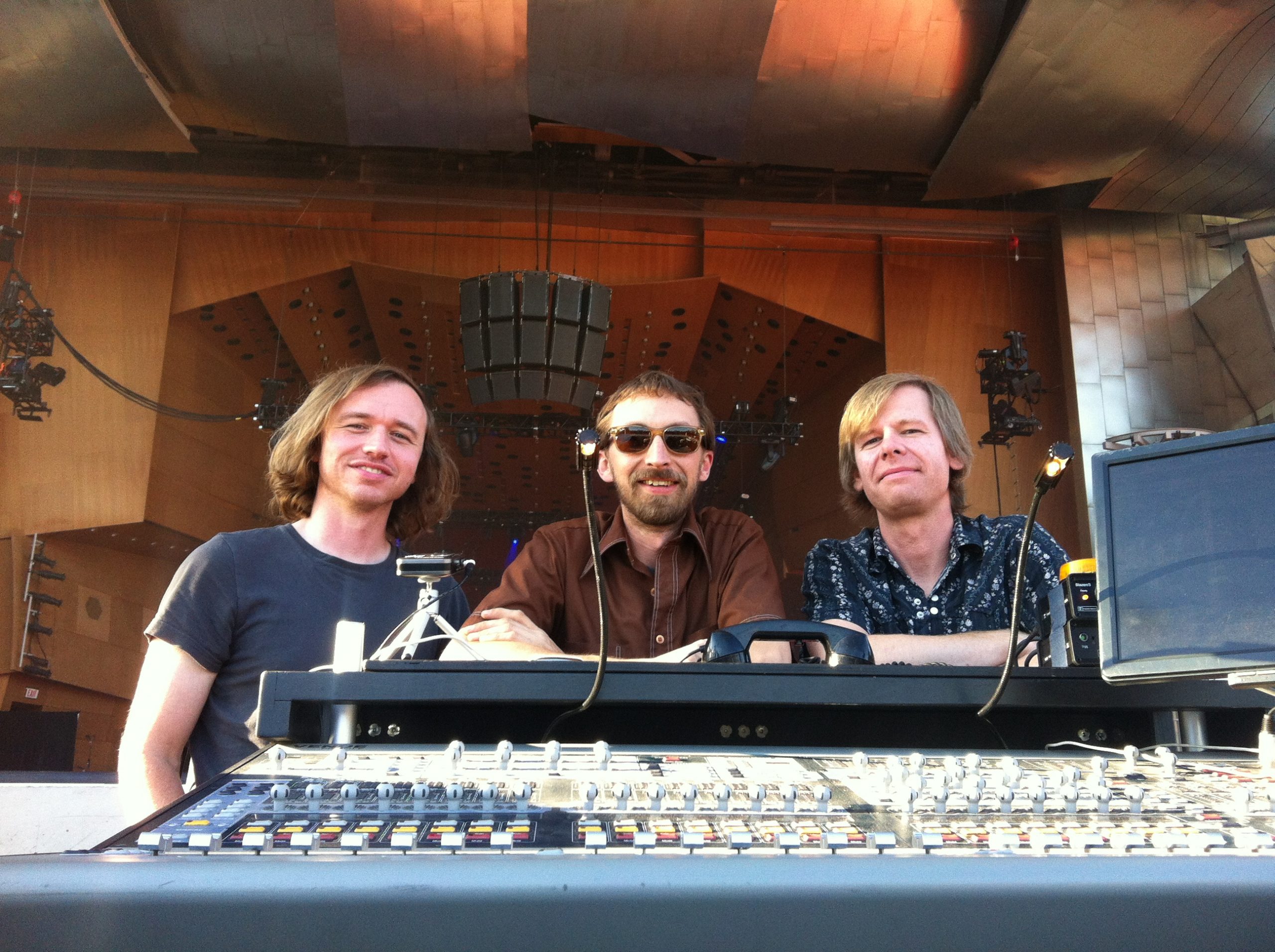
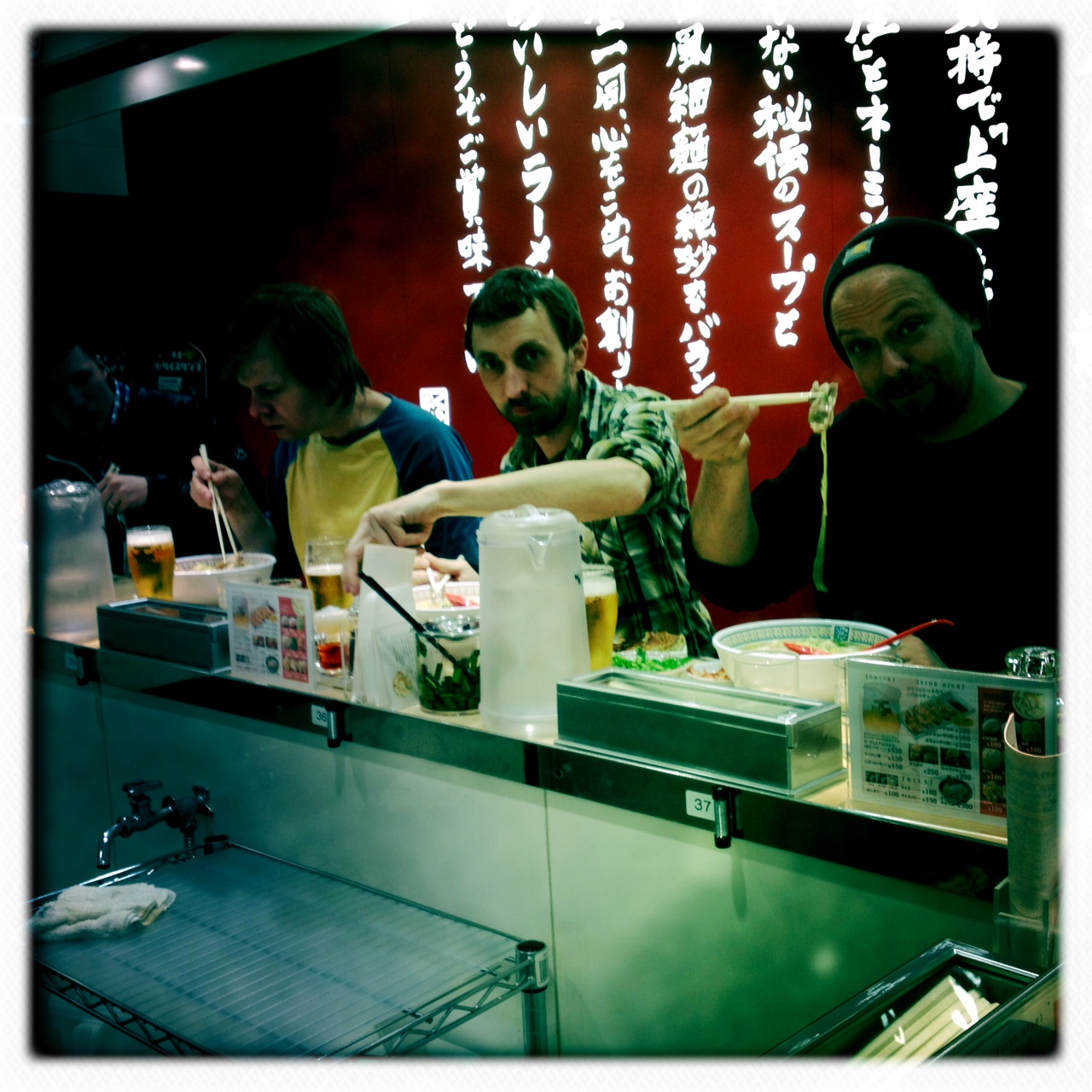
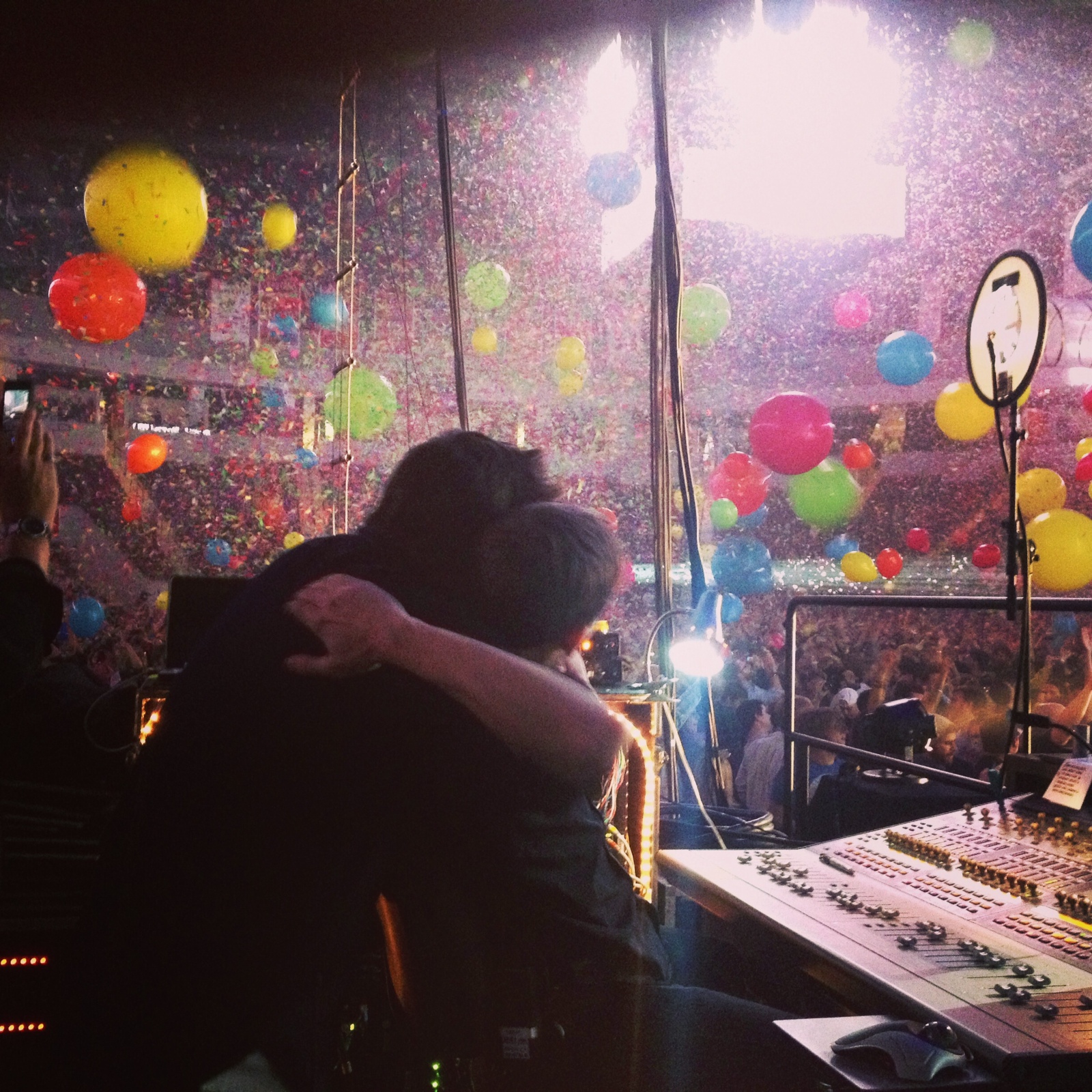
How did your KU degree prepare you for the jobs you’ve had?
Theatre, like Film, is a collaborative art. It isn’t about one person’s vision. It’s the culmination of work from writers, directors, designers and performers, and it aims to be greater than the sum of its parts. As a theatre design major, creativity is paramount, but creativity won’t get you anywhere if you can’t collaborate. I think the same is true of most projects in life and in the professional world.
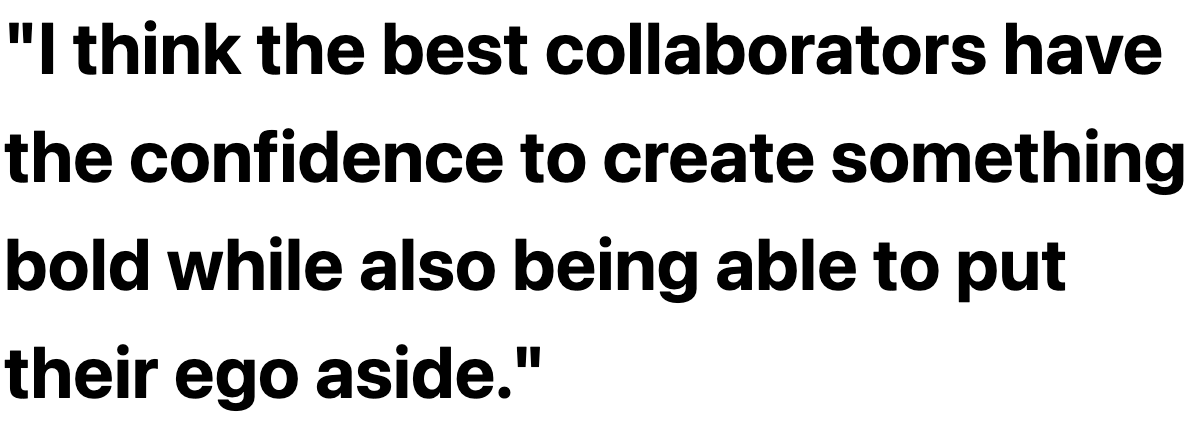
Everyone wants to work with people who can bring some unique spark to what they do, but are also capable of adapting an idea or even abandoning it altogether if the greater needs of the project demand it. I think the best collaborators have the confidence to create something bold while also being able to put their ego aside. The amazing professors in KU’s theatre design program taught the value of investing yourself in your ideas, but not holding on to them too tightly.
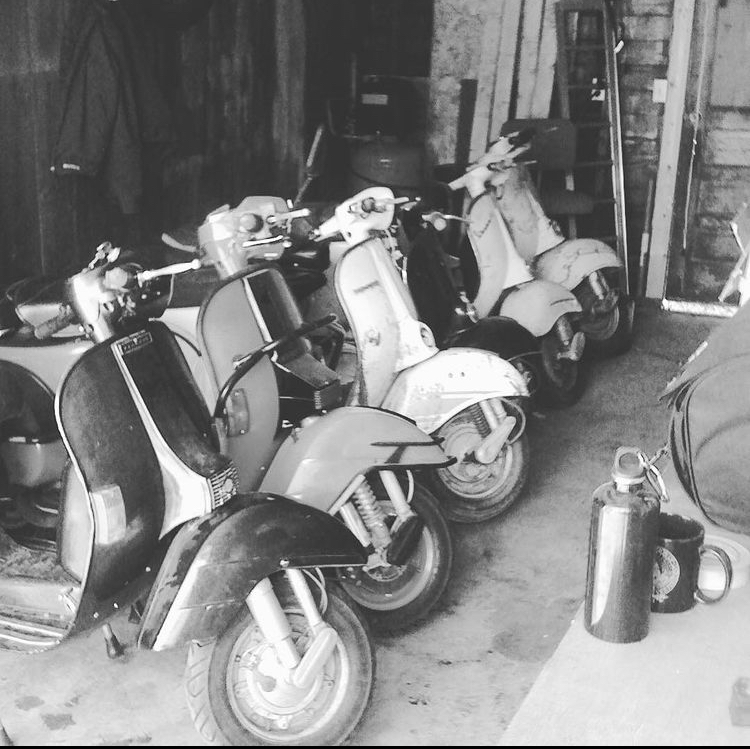
What do you do after you’ve clocked out?
I love to be active outdoors and spend as much time as possible cycling, running, camping and exploring. I also love to build electronic devices, especially tube amplifiers and other audio gear. Currently, we are busy planning a bike ride from Canada to Mexico across the Rockies in 2022.
What is a fun fact about you that surprises people?
I used to restore vintage Vespa scooters as a hobby and at one time had nine scooters in my garage. Down to two these days, and they even run!
Meet more of our Hawks to Watch. For more information, visit the Department of Theatre and Dance and the School of the Arts at the University of Kansas. Check out the Lawrence Arts Center here.
Hawks to Watch are disrupters. They’re poised for greatness, inspiring their colleagues and excelling in their professions. Basically, they’re killing it. Having recently graduated, they are just starting to leave their mark and we can’t wait to see how their story unfolds. These Jayhawks span all industries including business, non-profits, tech, healthcare, media, law and the arts.